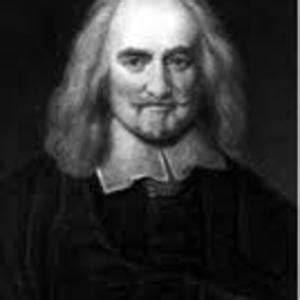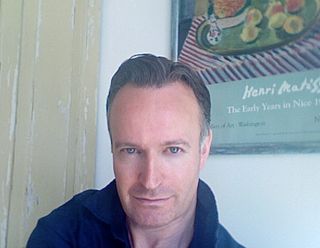A Quote by Margaret Fuller
Next to invention is the power of interpreting invention; next to beauty the power of appreciating beauty.
Quote Topics
Related Quotes
Beauty is for the artist something outside all orders of rank, because in beauty opposites are tamed; the highest sign of power, namely power over opposites; moreover, without tension: - that violence is no longer needed: that everything follows, obeys, so easily and so pleasantly - that is what delights the artist's WILL TO POWER.
Innovation is not a big breakthrough invention every time. Innovation is a constant thing. But if you don't have an innovative company [team], coming to work everyday to find a better way, you don't have a company[team]. You're getting ready to die on the vine. You're always looking for the next innovation, the next niche, the next product improvement, the next service improvement. But always trying to get better.



































